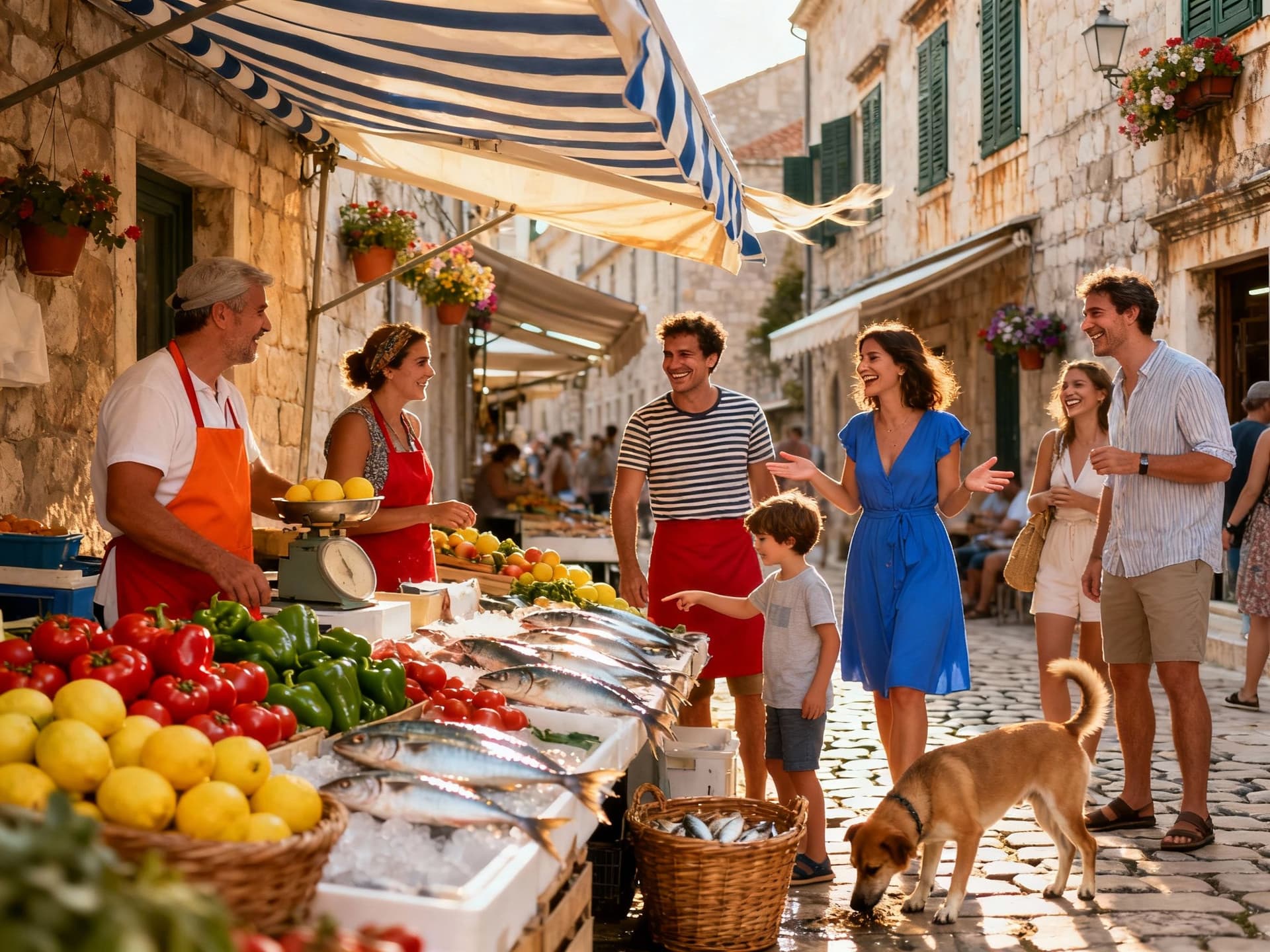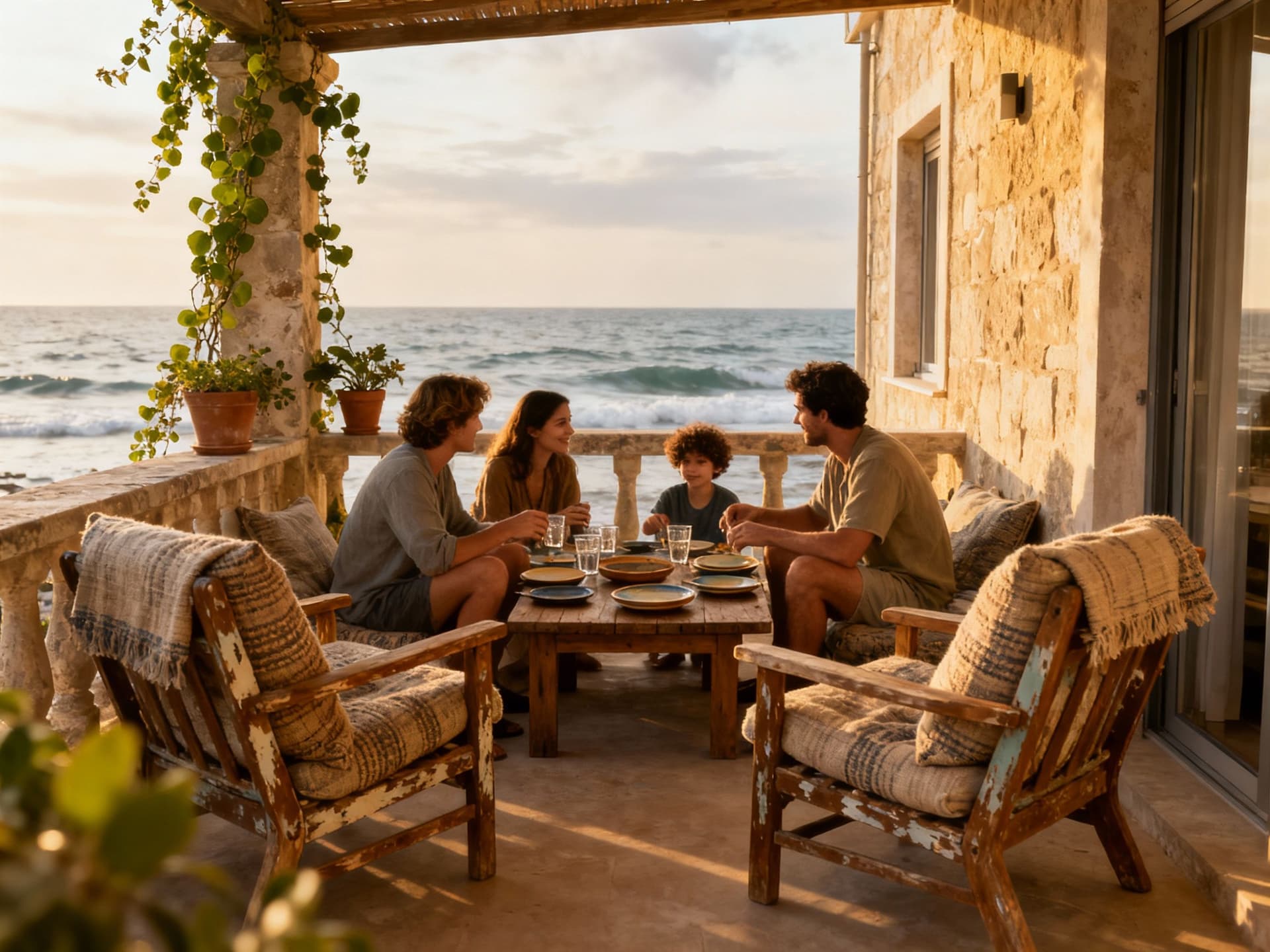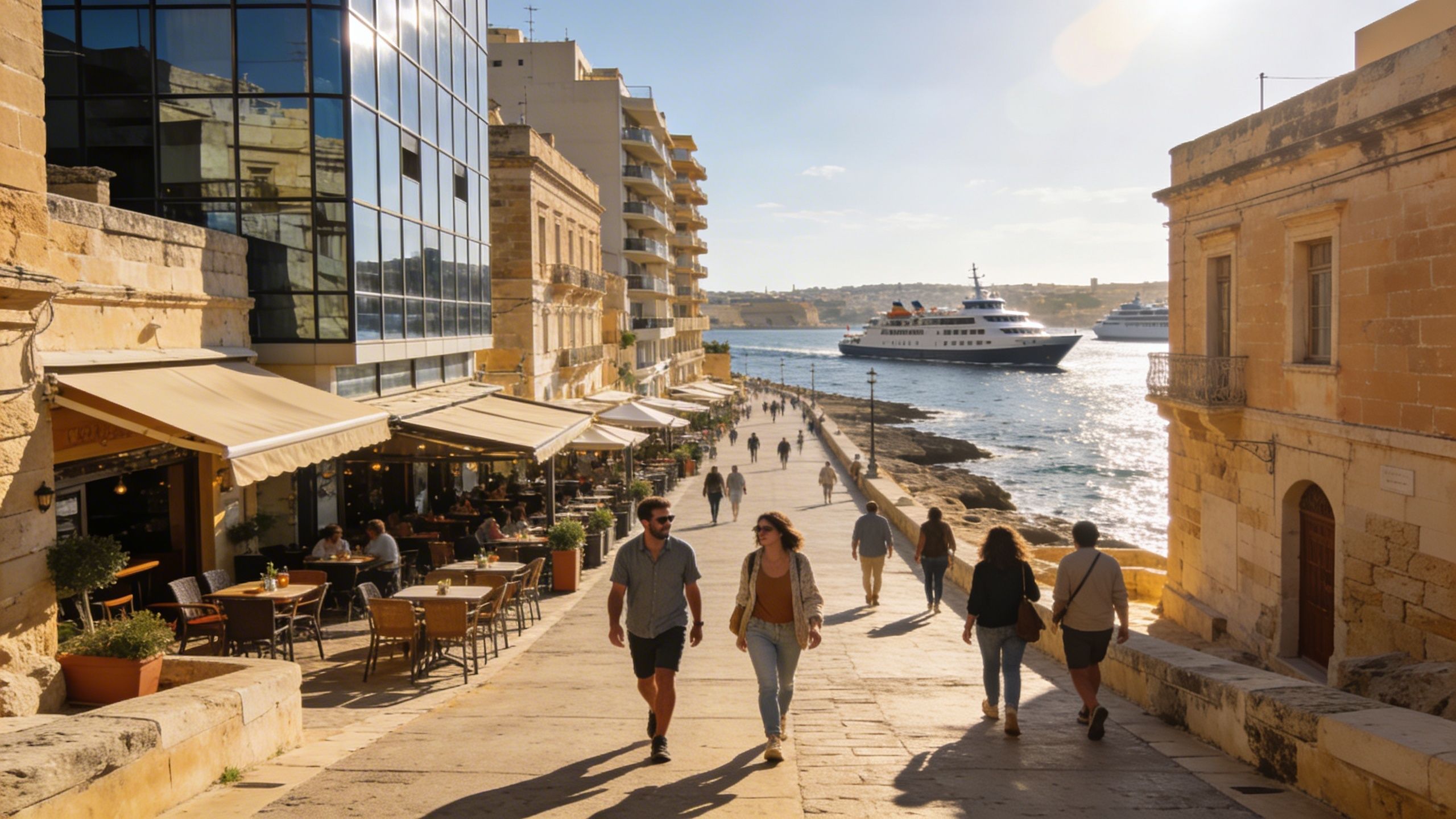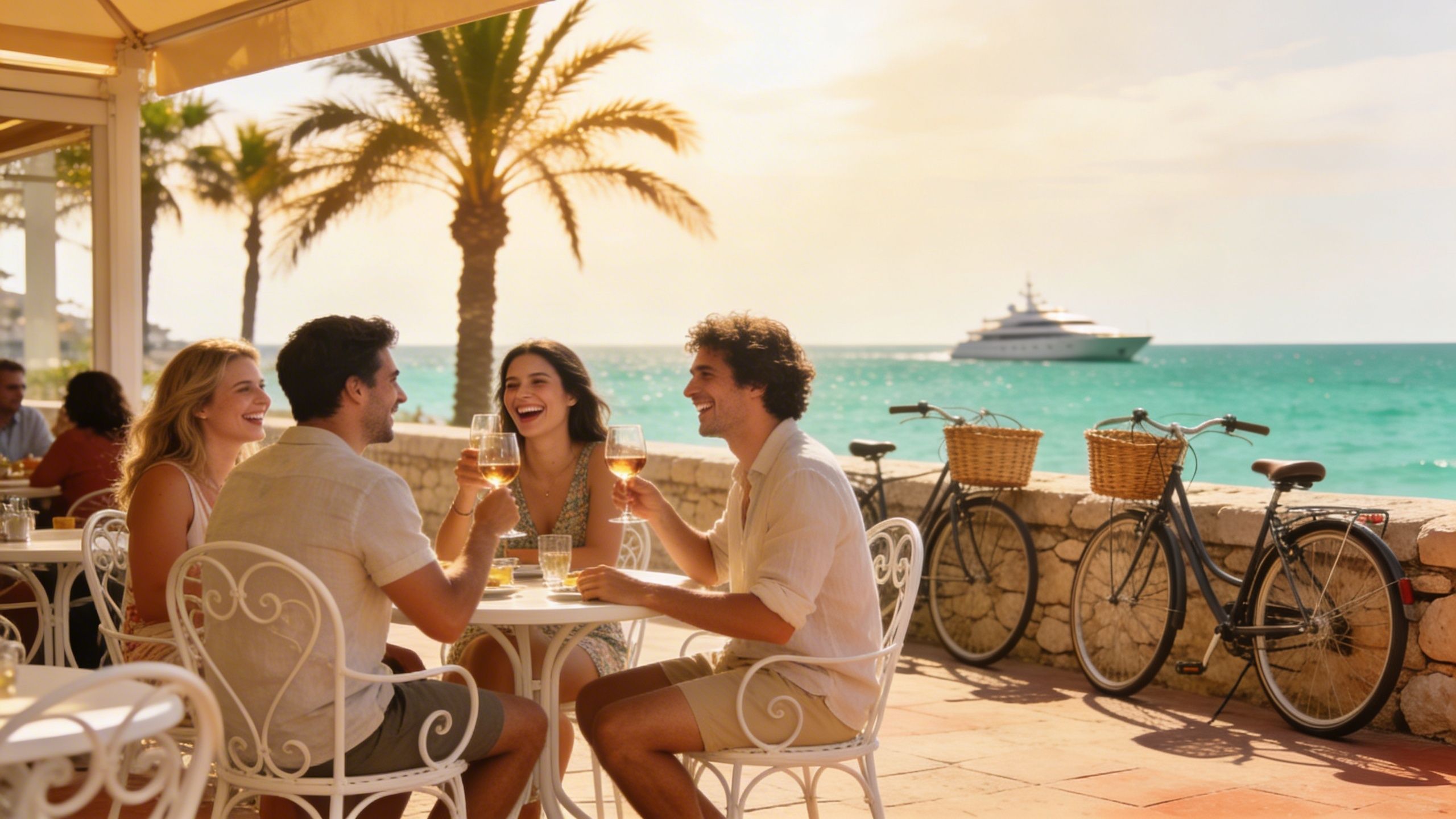Croatia: Transparency, Taxes and Practical Risks
Practical, research‑backed guide to Croatia’s lifestyle and property transparency: ownership rules, taxes, red flags and step‑by‑step actions for international buyers.
Imagine stepping off a ferry onto a stone quay as late‑afternoon light chisels the red roofs into sharp relief. Cafés hum, markets trade fish and citrus, and life moves at a rhythm that balances calendar festivals with everyday routine. Croatia offers that combination—coastal immediacy and inland calm—but the path from romance to residence requires clear-eyed preparation. This guide pairs how Croatia feels with the transparency and regulatory steps international buyers must know before they commit.
Living the Croatian life: coastal pulse, urban steadiness

Croatia’s daily life varies by coast, island and city. In Split and Dubrovnik the day is oriented around the sea: morning markets, late terraces, and a summer swell of visitors. In Zagreb the tempo is urban—cafés on stone promenades, municipal parks, weekday commutes. Inland towns offer quieter routines: weekly markets, local wineries and a community pace that shapes expectations for privacy, services and maintenance. These distinctions matter because location strongly influences property liquidity, rental demand and seasonal occupancy.
Coastal neighbourhoods and island rhythms
Walk the waterfront in Hvar or Rovinj and you’ll notice narrow lanes, stone houses with shuttered windows, and small family-run konobas. On islands like Brač and Korčula, supply constraints and tourism seasonality push prices and create distinct short‑term rental dynamics. Coastal properties typically command a premium; expect higher asking prices and tighter stock during summer. For buyers, this means planning for variable occupancy, maintenance logistics and the need for reliable local property management.
City life: Zagreb’s practical appeal
Zagreb provides year‑round services—international schools, hospitals and business infrastructure—that make it practical for full‑time residence or remote work. Prices in the capital are competitive relative to prime coastal hotspots; transaction volumes and rental yields are more stable outside the tourist season. If your lifestyle prioritises continuous services and less seasonal fluctuation, urban neighbourhoods offer a steadier match to daily life.
- Morning markets (e.g., Dolac, Split Green Market); seaside promenades (Riva, Korčula waterfront); island day trips (Hvar, Vis); regional wine cellars (Istria, Pelješac); cultural festivals (Dubrovnik Summer Festival).
Making the move: practical considerations and transparency

The lifestyle you seek should be paired with a rigorous understanding of regulation, taxes and acquisition mechanics. Croatia’s rules differentiate between purchases subject to VAT and those liable to transfer tax. Foreign buyers must also account for reciprocity and, in some cases, ministerial approval. Transparency varies by vendor and region—ask for original land registry extracts, recent utility invoices, and evidence of building permits early in negotiations.
Who can buy: reciprocity and approvals
EU citizens generally face fewer restrictions; non‑EU buyers may need to demonstrate reciprocity or obtain consent via the Ministry of Justice. The practical upshot: allow extra time for approvals when you are not an EU national. Use a local lawyer to confirm the current reciprocity lists and to lodge any applications—administrative windows and document lists change, and reliance on outdated guidance is a common cause of delay.
Taxes and policy shifts affect long‑term total cost. Croatia adopted (or proposed) measures to rebalance tax burdens toward property to ease rental shortages in tourist areas. Expect municipal property levies, a national transfer tax (commonly applied where VAT does not), and evolving exemptions for long‑term rental units. Verify current rates with the Tax Administration and model scenarios for ownership costs beyond purchase price—annual property taxes, utility realities for older stone buildings, and potential tourism‑tax obligations.
- Step 1: Commission a land‑registry extract (Izvadak iz zemljišne knjige) and cadastral plan. Step 2: Retain a Croatian lawyer to confirm title, encumbrances and permits. Step 3: Verify VAT vs transfer tax treatment and calculate tax liabilities. Step 4: If required, submit reciprocity/approval applications through the Ministry of Justice. Step 5: Use a notary for the final deed and ensure electronic registration with local authorities.
Insider knowledge: risks, red flags and realistic expectations
Agents and sellers will emphasise beauty; buyers must also weigh liquidity, seasonality and maintenance. Coastal demand produces good short‑term rental yields in peak months but also exposes owners to empty months and higher upkeep. Inland properties can be cheaper but may have slower resale paths. Check regional price indices and recent transaction data rather than relying solely on advertised asking prices.
Common red flags to verify
- Discrepancies between land registry and as‑built plans; unpermitted renovations; unclear ownership shares in older family properties; unusually low price without a documented reason; no recent local tax payments or unresolved liens.
How local expertise improves transparency
- Use a lawyer for title searches and reciprocity checks; engage a notary early to understand deed formalities; ask a local engineer for structural checks on older stone houses; contract a property manager if you won’t live there year‑round; get recent utility and tax receipts before signing.
Practical next steps: begin with verified data. Request a recent land registry extract, confirm the tax treatment with the Tax Administration, and instruct a Croatian lawyer to confirm any ministerial approvals you may need. Meet with a local agent who provides documented transaction histories rather than broad assurances. Small early steps reduce the chance of costly surprises later.
Conclusion
Croatia offers a distinct lifestyle: island afternoons, stone market mornings and cities that balance modern life with Mediterranean rhythm. That appeal endures when matched with disciplined due diligence. Treat local transparency as part of the lifestyle package—documented title, clear tax treatment, and trusted local advisers protect both the life you imagine and the capital you deploy. If the vision fits, begin with the documentation checklist and specialist advisors who can translate charm into secure ownership.
Dutch relocation advisor who moved to Marbella in 2016. Guides Dutch buyers through visa paths, relocation logistics, and balance of lifestyle with value.


